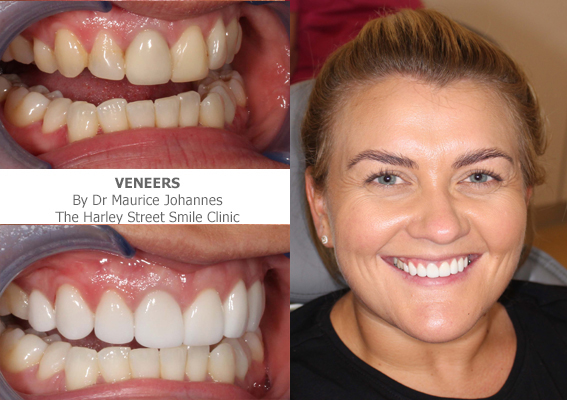The choice between veneers and crowns depends on your specific dental needs and goals.
Veneers are primarily used for cosmetic purposes, to improve the appearance of teeth with minor imperfections.
Crowns, on the other hand, provide more substantial coverage and are often used to restore severely damaged or weakened teeth.
During your initial consultation with Harley Street Smile Clinic, your dentist will evaluate the condition of your teeth and recommend the most suitable option for your specific requirements.
Can Veneers Stain?
As mentioned earlier, veneers themselves are highly resistant to staining.
However, the natural teeth underneath the veneers can still be susceptible to staining.
It’s essential to maintain good oral hygiene practices, such as regular brushing, flossing, and avoiding staining substances like tobacco and excessive coffee or red wine, to prevent discolouration of your natural teeth.
In conclusion, veneers are an effective way to enhance your smile, and their maintenance and care are crucial for long-lasting results.
Why choose The Harley Street Smile Clinic for Veneers London?
If you want something to really smile about, then you’re in the right place. At The Harley Street Smile Clinic, we are pioneers in the field of cosmetic dentistry, leading the way with competitively priced dental veneer treatments. Whatever worries you about your teeth, we can help you to overcome your concerns. With over 30 years experience solely concentrating on cosmetic dentistry, in particular placing porcelain veneers, your smile is in safe hands. With hundreds of 5 star reviews and having placed over 50,000 veneers personally Dr Maurice Johannes is truly the most experienced UK dentist when it comes to fitting porcelain veneers.
Click on the icons below to find more information about using dental veneers to target your smile concerns, or get in touch.


































